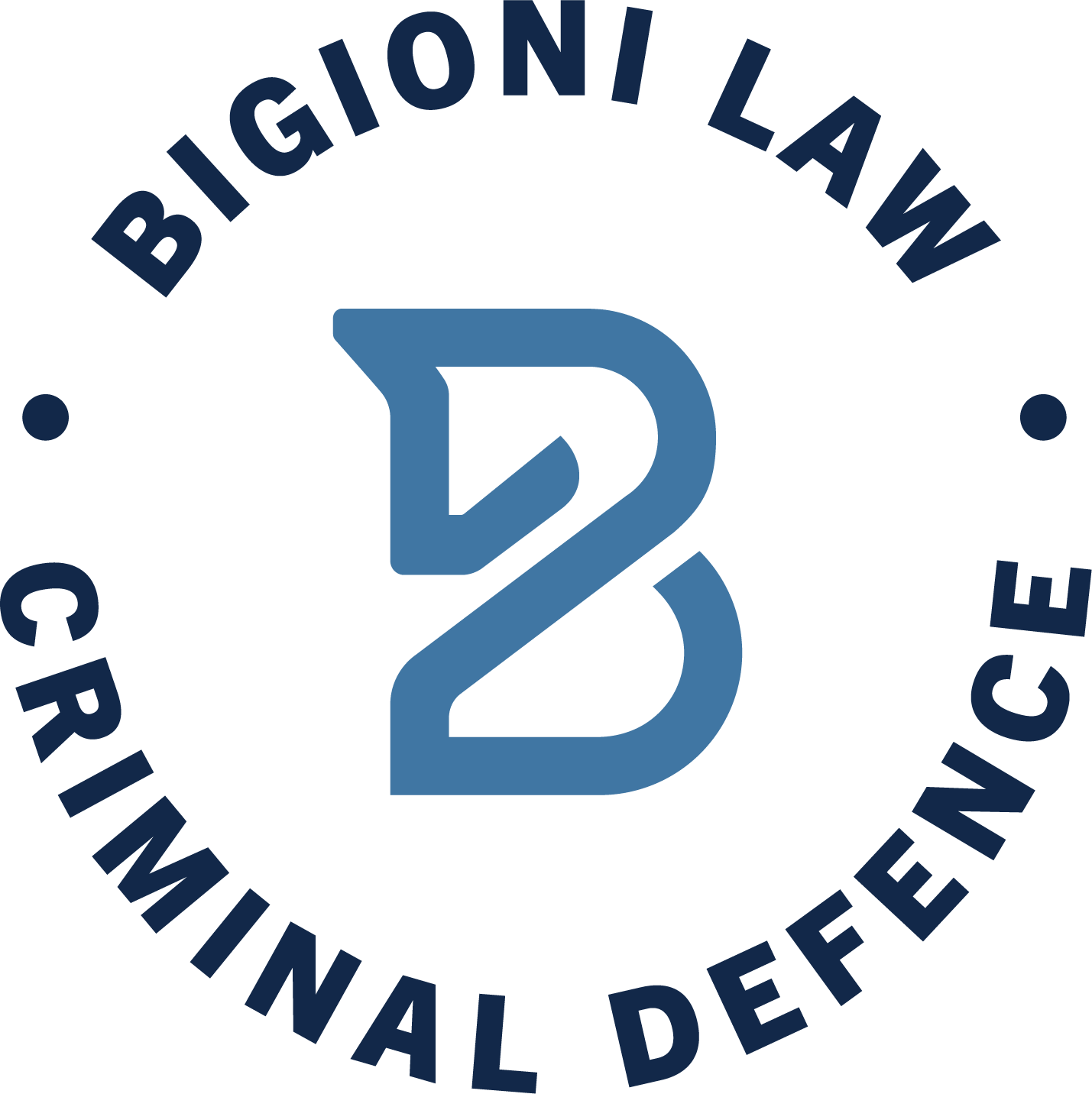Are you or a loved one facing homicide charges in Ontario? If so, it is important to seek the help of a skilled criminal lawyer at the earliest opportunity.

Murder is defined under Section 229 of the Criminal Code of Canada as the intentional killing of another person, either by planning and deliberation, or through actions that show reckless disregard for human life. In Canada, murder is divided into first-degree, second-degree, and manslaughter, each with different legal standards and sentencing outcomes.
First-degree murder involves planning and premeditation, or happens during the commission of another serious offence (e.g., kidnapping or sexual assault).
Second-degree murder is still intentional, but not premeditated.
Manslaughter (a separate charge) applies when a person is killed without intent, usually due to criminal negligence or in the heat of the moment.
The penalties for murder in Canada are among the most severe in the world. If convicted of:
First-degree murder: Mandatory sentence of life imprisonment with no parole eligibility for 25 years.
Second-degree murder: Also life imprisonment, but parole eligibility can be set between 10 and 25 years, depending on the circumstances.
A murder conviction is life-altering and often leaves no room for leniency. This is why you need the strongest possible defence from day one.
Understanding the distinction is critical. A person accused of murder may not know which type of murder charge they’re facing, but the legal strategy will change drastically depending on how the Crown classifies the offence:
First-degree is premeditated—planned and intentional. It also includes murders committed during other serious crimes, such as sexual assault, hijacking, or hostage-taking.
Second-degree is still intentional but occurs without premeditation—for example, during a sudden altercation or emotional outburst.
In either case, the stakes are extremely high, and a conviction means a life sentence.
Every murder charge must be proven beyond a reasonable doubt, and there are several possible defences depending on the case:
Self-defence – If the accused acted to protect themselves or others
Lack of intent – If the death was accidental or caused without planning
Mental disorder defence – If the accused lacked capacity to understand their actions
Charter violations – If there were breaches in your legal rights during investigation, arrest, or interrogation
Mistaken identity or unreliable evidence
At Bigioni Law, we bring a calm, analytical approach to these emotionally charged cases—dissecting every piece of evidence, challenging inconsistencies, and defending your presumption of innocence.
When someone is charged with murder, the legal system moves fast and hard. You may be denied bail, held in custody, and subjected to media attention. You need a defence lawyer who can:
Act quickly to protect your rights
Build a timeline of events and secure witnesses
Challenge weak or circumstantial evidence
Prepare for the complex and lengthy trial process
Navigate jury selection, expert witnesses, and appeals if necessary
At Bigioni Law, we’re equipped to handle high-stakes, high-pressure criminal trials—and we’ll be with you every step of the way.
If you or someone you love has been accused of murder, this may be the most serious moment of your life. You need more than legal advice—you need a relentless advocate with courtroom experience, a deep understanding of Canadian criminal law, and the courage to take on the toughest cases.
Bigioni Law provides:
A confidential consultation—no judgment, just help
Straightforward legal guidance, tailored to your case
A strategic, evidence-driven defence
Strong courtroom representation from start to finish
Your freedom—and your future—are worth fighting for. Contact Bigioni Law immediately to get the defence you deserve.



.png)
Bigioni Law is led by Andrew Bigioni, a top Ontario criminal lawyer. Andrew handles all cases personally, so you can get the care and expertise you deserve.


When you or your loved one are threatened with the consequences of a criminal charge.